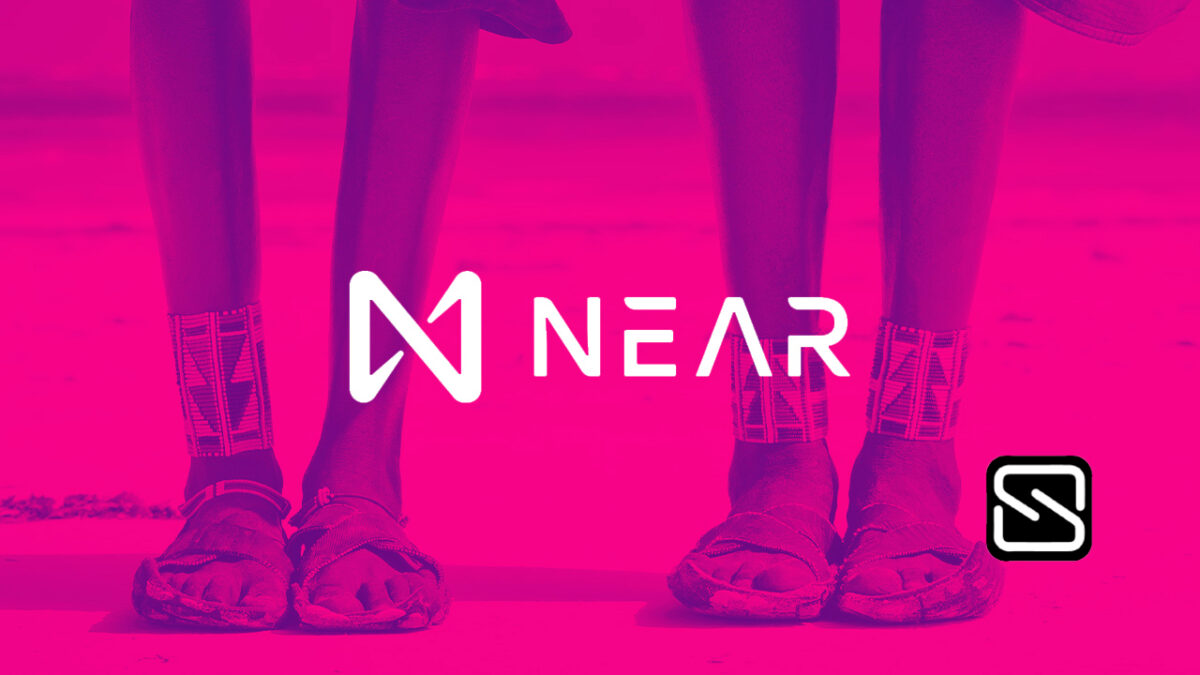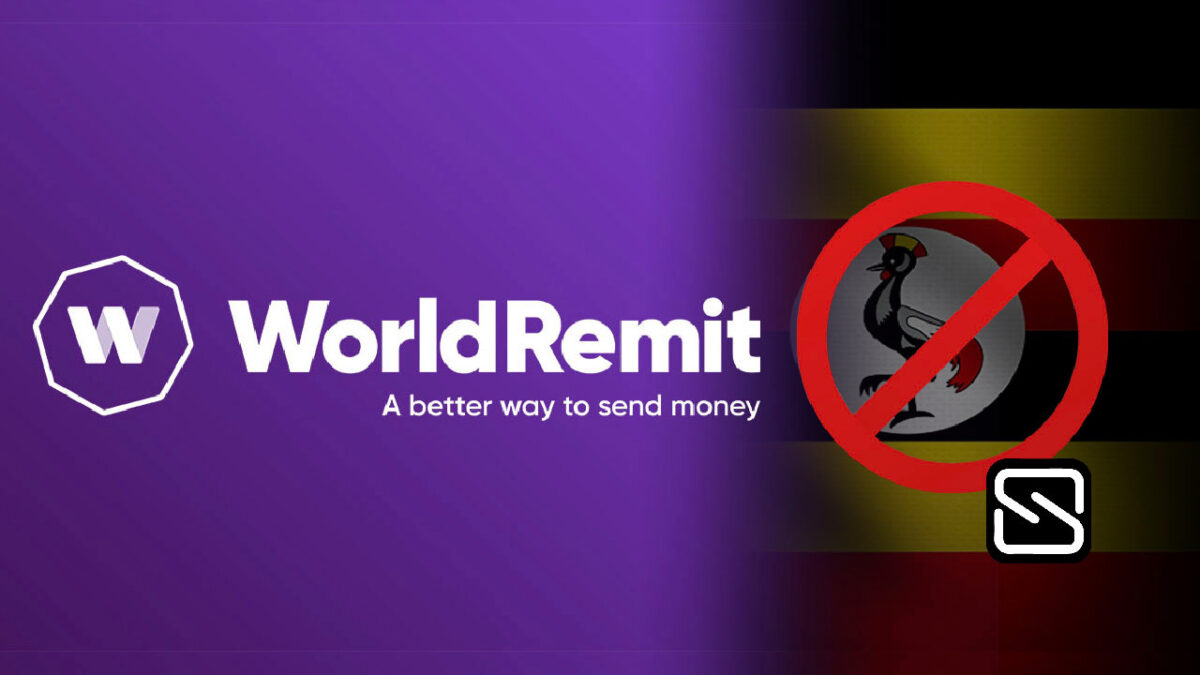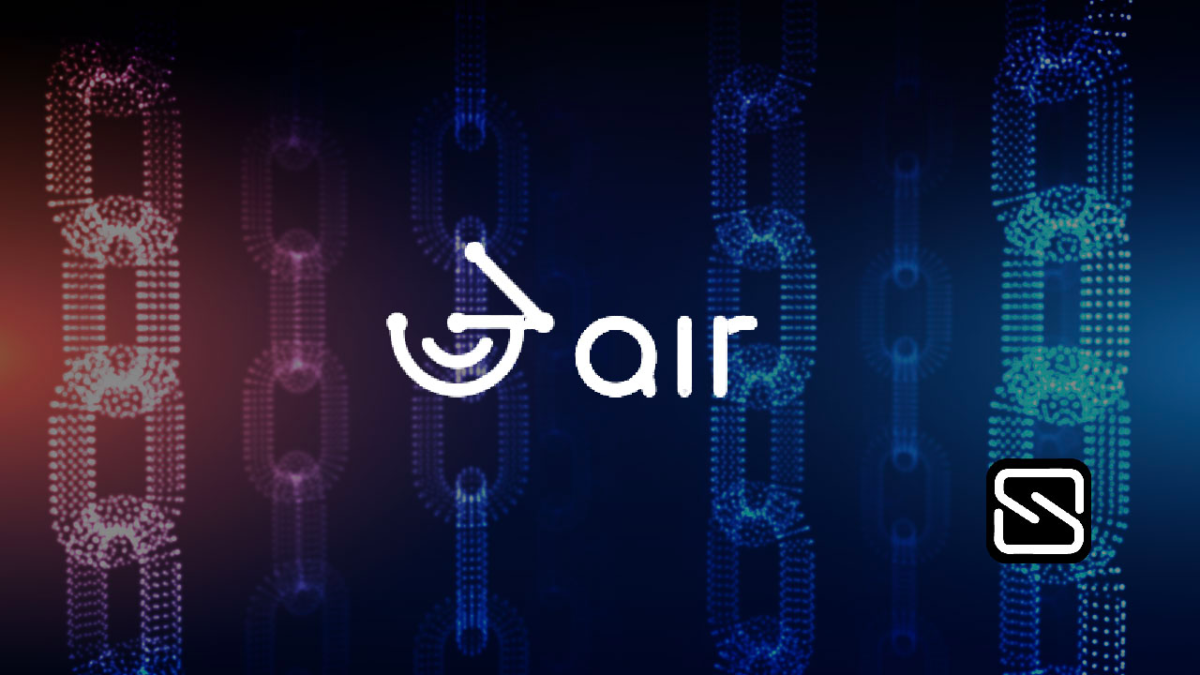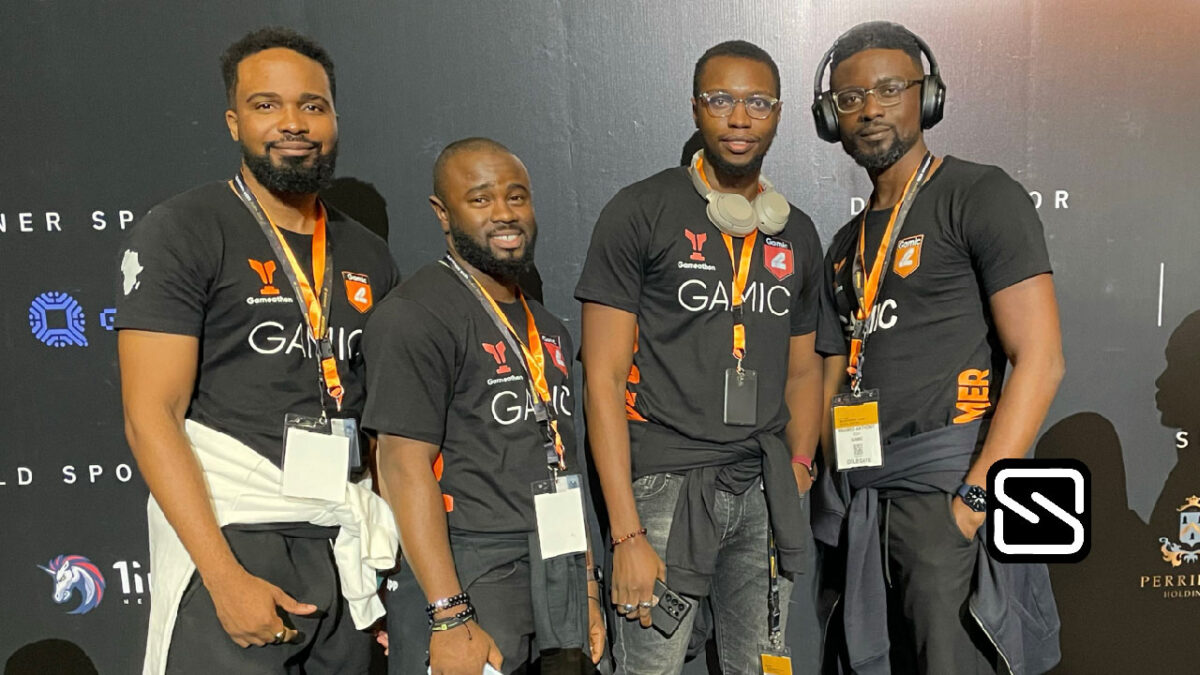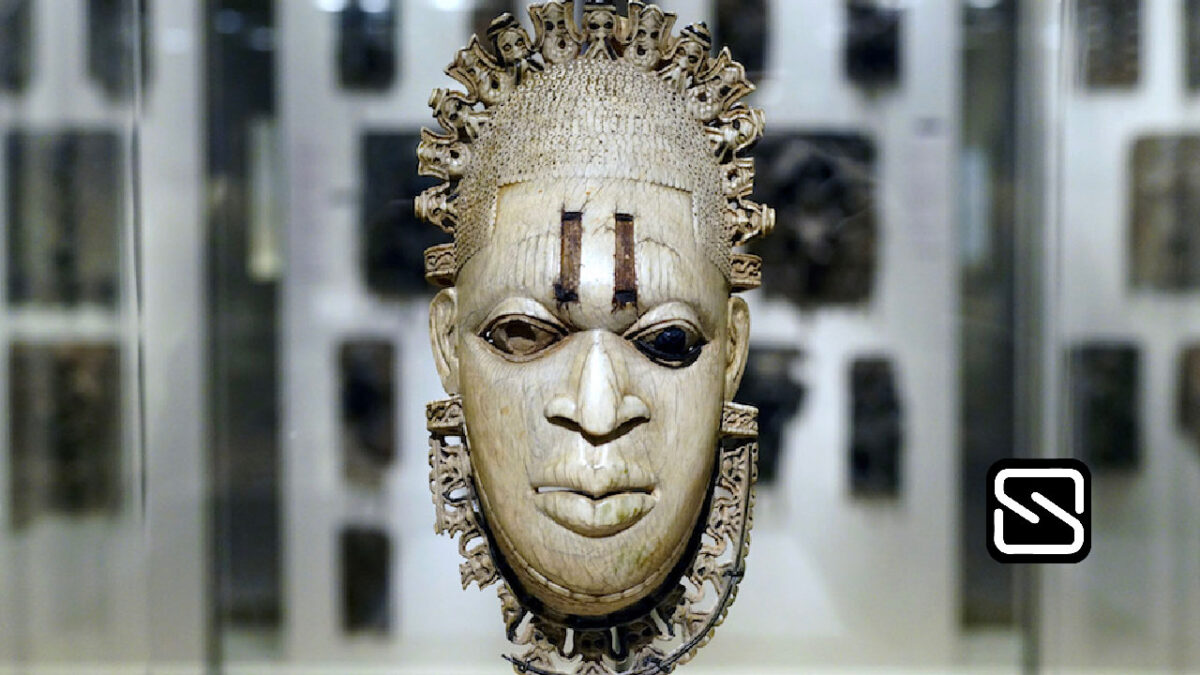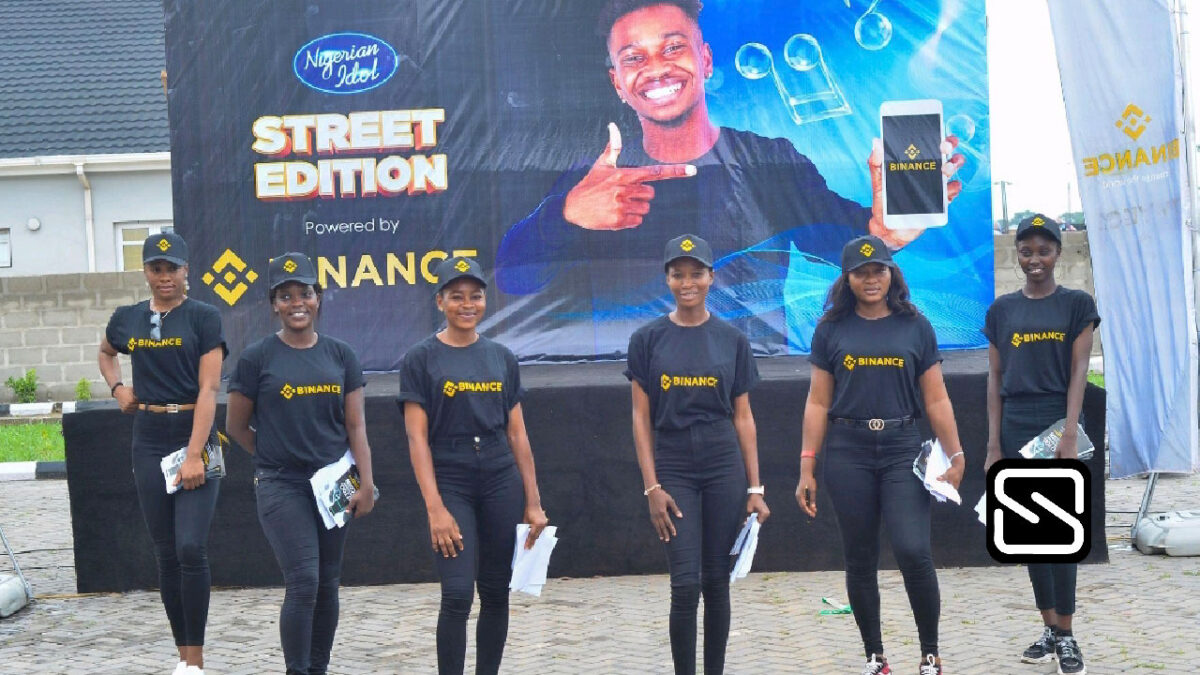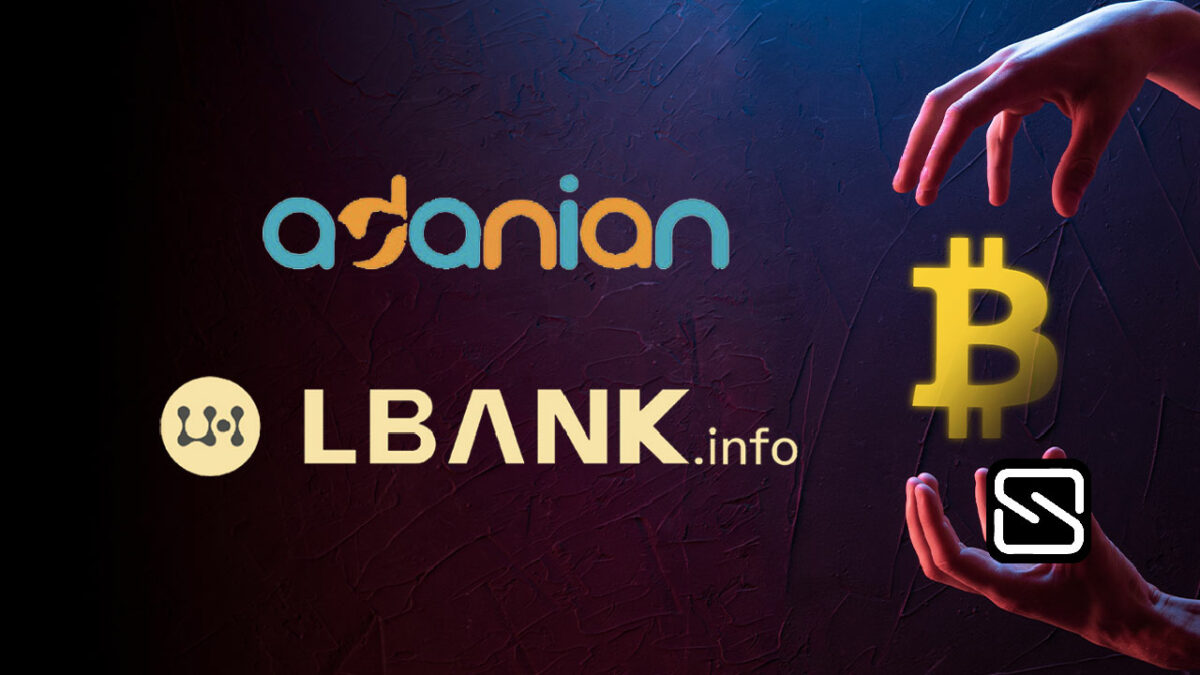A Swiss non-profit organization, NEAR, announced a partnership with the local blockchain community, Sankore yesterday, to launch a regional hub in Kenya dedicated to blockchain innovation, education, and talent development in Africa.
The hub, which consists of events, an academy, an incubation program, and the Sankore Bounty ecosystem, will offer an intersection of Africa’s most talented blockchain developers and the much-needed international support for their innovations. It will be led by Kevin Imani, the founder of Sankore, and supported by a core team of four members.
“We are thrilled to be working with NEAR to educate and nurture talented individuals to become world-class blockchain developers. Our dream is to lead the way in blockchain innovations in providing solutions to Africa’s biggest problems. The NEAR Protocol allows tomorrow’s brightest developers to build custom solutions with scalability, security, and transparency and this hub is the next step in turning our shared vision into reality.”
NEAR is also targeting lesser-known cities in Kenya, “where no other Layer 1 blockchain has an established presence as yet,” according to the company.
With 77 students registered in the NEAR Qualified Developer Workshops, seven students registered in the NEAR Certified Analysts Workshops, and six students now formally certified as developers, the hub’s education arm has already built solid partnerships with local colleges.
Sankore has previously earned local traction by funding forward-thinking projects such as Kilimo Shwari, an on-chain solution designed to protect Kenyan farmers from agricultural risks such as harsh weather and natural disasters such as the 2020 locust invasion. The insurance is built on smart contracts, which collect data about uncertainty and compensate farmers automatically.
. From July 2020 to June 2021, cryptocurrency use in Africa surged by 1200 percent, the fastest rate in the world.
“We are excited by the potential avenues throughout Africa for blockchain solutions, which come from innovation in development, education, and talent,” said Marieke Flament, CEO of the NEAR Foundation.
The NEAR blockchain’s potential continues to pique people’s interest around the world. Unlike other networks, NEAR makes it simple for software developers to create new crypto applications, such as nonfungible tokens (NFTs), decentralized finance products, and new business models and consumer items.
The NEAR blockchain is also far faster than Ethereum, the most widely utilized blockchain in the world. It serves as a link between blockchains, allowing for the free flow of assets and communication between networks for everyone’s benefit.
